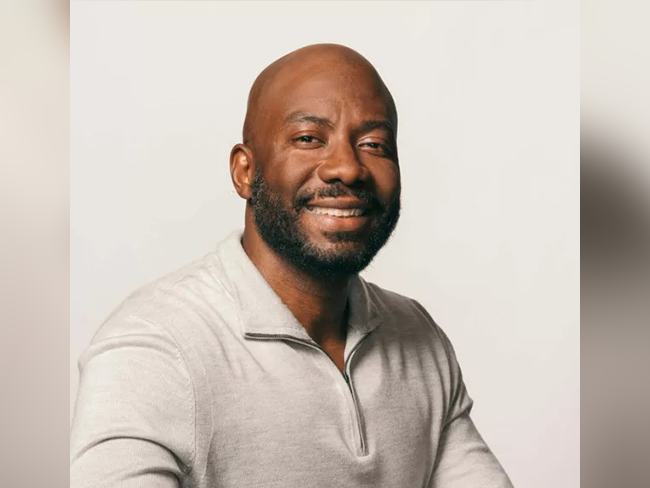Randall McNeil
When Randall McNeil was 20 years old, he was sentenced to 66 years in prison and spent 24 years of his life behind bars. With the expansion of Washington, D.C.'s Incarceration Reduction Amendment Act (IRAA) in 2020, McNeil was finally given an opportunity to petition for his freedom.
Related to: Sentencing Reform

When asked about his favorite childhood memory, Randall McNeil described the times he would visit family in Charlotte, NC and would watch kites flying in an open field. Having grown up in Northeast Washington DC, he had never seen anything like it, and he was instantly captivated. McNeil spent most of his summers looking forward to seeing those colorful kites in the sky.
At the young age of 16, McNeil lost his mother – his primary guardian – and the person that knew and understood him best. A year later, McNeil lost his grandmother and became a father for the first time. McNeil had two more children in the subsequent years.
When McNeil was 20 years old, he was found guilty of multiple charges involving an armed robbery and kidnapping. McNeil was sentenced to 66 years and spent the next 24 years of his life incarcerated at various state and federal institutions before his release from Federal Correctional Institution (FCI) in Cumberland, MD.
As McNeil did his time, he was determined to become the best version of himself in hopes that he would someday be given the opportunity to show the world that despite what he did, he was worthy of redemption. Prior to his incarceration, McNeil earned his GED and recalled that in 2003 while in prison, his perspective about being incarcerated shifted when he began to frequent the prison law library. He described those visits as “going to find the key” to his redemption.1 It was his source of hope.
He also discovered his ability to positively influence those incarcerated with him. McNeil worked to help shift the mindsets of the men inside and learned that he had a desire to instill hope and value in others despite their circumstances. He went on to become a qualified member of the prison suicide watch team.
McNeil understood that for others to see him as the person he knew himself to be, he would have to constantly put himself in positions to show up as that person. During his time at FCI Cumberland, McNeil worked for Unicor Sign Factory where he was started in a position inputting and receiving orders on a computer. Due to his perseverance and determination, McNeil was quickly promoted to a supervisor.
With the expansion of the Incarceration Reduction Amendment Act (IRAA) in 2020, McNeil was finally given an opportunity to petition for his freedom. McNeil was an exemplary candidate. In August 2022, McNeil was granted his freedom with the caveat of five years’ probation—a decision that McNeil desires to have reconsidered. Upon his release, he was finally able to marry Donnetta, the mother of his children, on Valentine’s Day of 2023.
McNeil is grateful to his daughter for providing him with a home in the District of Columbia, one of the requirements for him to be released. He also credits two reentry programs, BreakFree Education and Free Minds Book Club, for helping provide job opportunities and a welcoming community. Through BreakFree Education, McNeil was able to apply for a fellowship at Arnold Ventures, where he is now a full-time employee. His proudest moment has been helping to fund a newly launched nonprofit organization led by another formerly incarcerated person.
McNeil was not naïve enough to believe that coming home would be easy, but he is honest enough to admit that he did not anticipate just how complex familial and friendship dynamics could be. Free Minds has been an essential part of his life, enabling him to meet weekly with other formerly incarcerated men locally, where they can discuss the challenges of societal reintegration.
When asked about those still incarcerated, he said, “There are a lot of Randalls in there. They all need a second chance. Many of them were arrested after 25.”2


